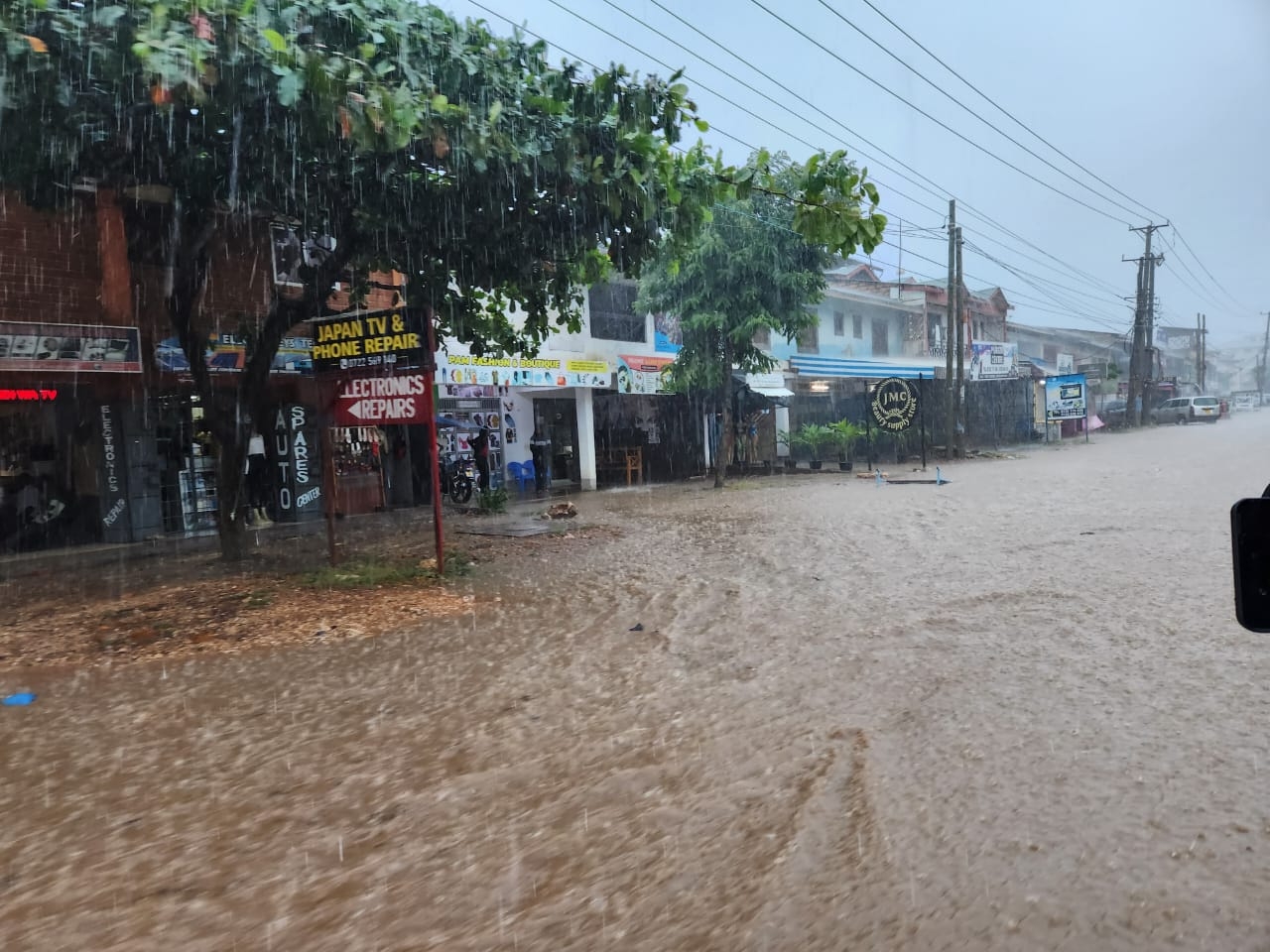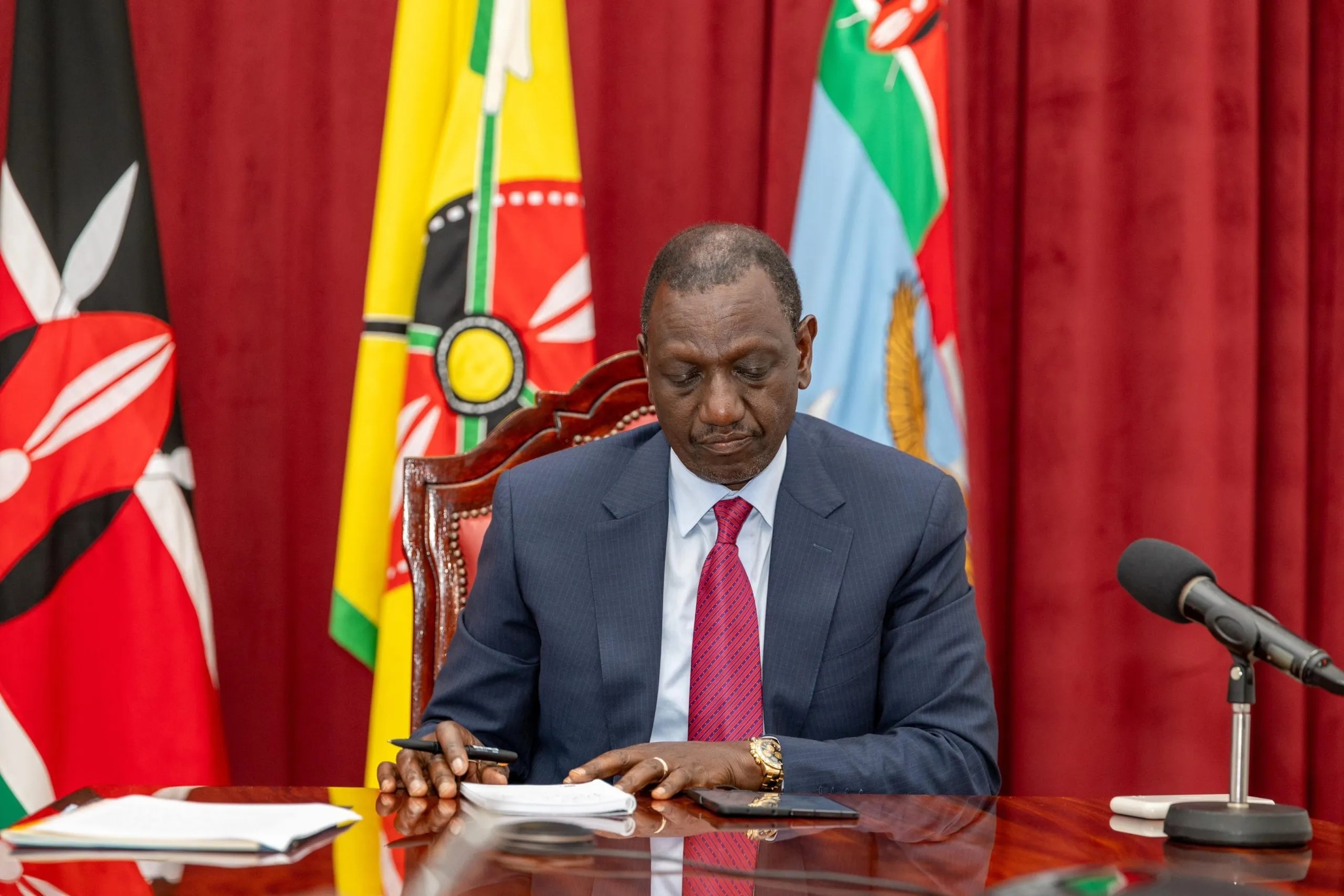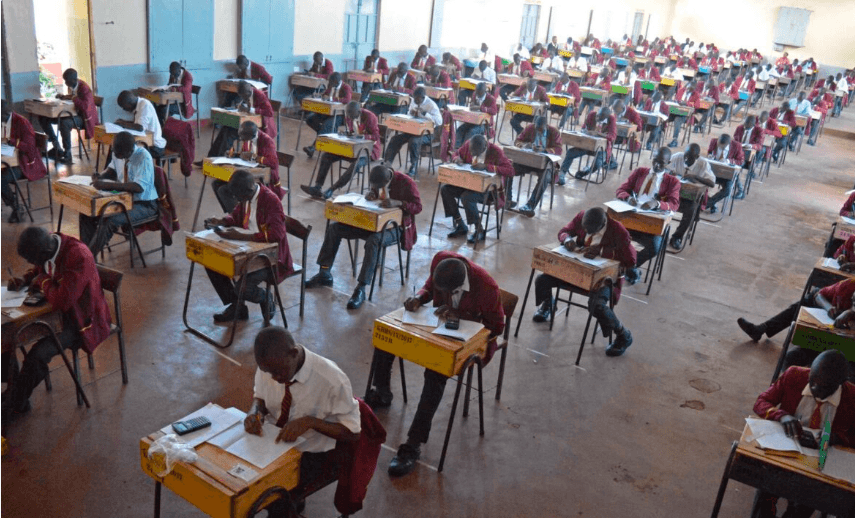It is more than a fortnight since the triumphant Team Kenyan returned from the World Athletics Championships in Budapest.
The talent-laden contingent of 52 athletes wrapped up fifth in the Hungarian capital with three gold, three silver, and four bronze medals.
Multiple world champion Faith Kipyegon was the toast for Kenyan team after blazing to two gold medals in the women’s 1500m and 5000m. High-flying 800m prodigy Mary Moraa secured the third gold for the country in the two-lap race.
While we take pride in the world-class athletes who glowed in the glory of medals, the appalling results of our marathon runners cast a shadow on the celebrations.
The marathoners continued their abysmal performances at the championships, failing to finish on the podium in both the men’s and women’s races.
The best-placed Kenyan, Titus Kipruto, clocked 2:10:47 to finish eighth in the men’s race that was won by Ugandan sensation Victor Kiplangat, who breasted the tape in 2:08:53.
Kipruto’s compatriot Timothy Kiplagat finished 14 (2:11:25) while the other, Joshua Belet, dropped out at the 26km mark.
Rosemary Wanjiru (2:26:42) was Kenya’s best-placed Kenyan in the women’s race at sixth.
The Kenyan marathoners blamed Hungary’s extreme heat for their poor performance. In an interview, Kipruto claimed they encountered different temperatures from what they had anticipated.
“I have never run in this kind of conditions and much as I had ambitions for a medal, I was forced to slow down,” said Kipruto. “At the 30km mark, I felt weak and my teammate dropped further back, forcing me to go at my pace.”
Kiplagat echoed the feelings of his teammate, saying the weather was too harsh for them.
Has the weather always been so adverse to Kenyan athletes to explain their constant decline in performance?
Geoffrey Kirui won Kenya’s last men’s marathon gold medal in London in 2017, while Ruth Chepng’etich won the nation’s last women’s gold medal in Doha in 2019.
Notably, Kenya is home to the world record holder for the distance, Eliud Kipchoge (2:01:09), and the second-fastest runner over the distance Kelvin Kiptum (2:01:25).
The country has six of the top 10 best marathon times in history and 10 of the top 20 while the Kenyan women boast five of the world’s top ten fastest times.
At the World Championships, Kenyan marathoners have won nine medals in the men’s race including five gold, and 10 medals in the women’s race including four titles.
Kenya won three men’s titles in a row, beginning with Luke Kibet in Osaka in 2007, followed by Abel Kirui in Berlin in 2009 and Daegu in 2011.
In reality, Kirui retains the championship record of 2:06:54, which he set in the German city.
Two Kenyan women have been double champions, including the illustrious Catherine Ndereba in Saint-Dennis 2003 and Osaka 2007. Edna Kiplagat also clinched a double at Daegu 2011 and Moscow 2013.
Kenyans also continue to dominate the roads at the highly prestigious World Marathon Majors (Tokyo, Boston, London, Berlin, Chicago, New York marathons).
The nation has won all 13 men’s Marathon Majors titles since the series began in 2006, except the 2012-2013 season when Ethiopia’s Tsegaye Kebede triumphed.
Ethiopia’s Gotytom Gebreslase stormed the women’s title during the 2021-2022 season to halt Kenya’s decade-long winning streak.
Kenyans who won the major city marathons in the previous year include Eliud Kipchoge (Tokyo and Berlin), Evans Chebet (Boston and New York), Amos Kipruto (London), and Benson Kipruto (Chicago).
It was the same in 2022, when Brigid Kosgei (Tokyo), Peres Jepchirchir (Boston), Rith Chepng’etich (Chicago), and Sharon Lokedi (New York) all won the titles in the women’s division.
One, therefore, wonders why the country has failed to crack the medal podium at the World Championships.
Four-time world marathon champion Ndereba has placed the blame squarely at the feet of ‘self-centered managers’ who force Kenyan athletes to place monetary interests ahead of national duty.
“Our athletes compete in many races in a year, which means they are typically exhausted by the time they are requested to hoist the national flag at the World Championships and Olympic Games,” Ndereva remarked.
“To make matters worse, we have managers who won’t let their athletes leave their care to compete for the nation since there isn’t much money at the Worlds and the Olympics.”
Ndereba observes that Kenya has consolidated its position as an athletics superpower largely due to government goodwill.
“I thank God for what our government is doing. Why am I saying this? We have progressed in sports despite a few challenges here and there,” she said.
She is, however, optimistic that the fortunes of the country might be turned around by a recent move by the government to introduce a handsome reward scheme for those who perform well on the international stage.
“What the winners are being given today is not what we used to get during our time. The token has been increased,” she added.
Ndereba agrees that a lot of ground has been covered and there is still so much to celebrate about the country’s milestones in athletics since independence.
“It’s not a must that we are just like the developed world. We are on the right track. We are not where we were in the 60’s. We are still coming up and growing. It’s just like the way a baby is born and it keeps on going through the development stages,” she said.
The Olympic silver medalist pointed out that passion is a key element of success in athletics and welcomed those who possess the prerequisites for the sport to jump onto the Kenya Prisons bandwagon where she currently serves as an Assistant Commissioner.
“I would like to encourage all those who are talented to join the forces because by joining us, they’ll be able to develop their talent and also secure jobs as a security,” said Ndereba.
Kenya’s athletics head coach Julius Kirwa also echoed a part of Ndereba’s statement, saying fatigue hampered the country’s medal prospects at Budapest 2023.
The seasoned gaffer advised Kenyan track stars to reduce the number of events they compete in to avoid exhaustion.
He attributed the country’s limited presence at the podium to athletes’ crammed schedules which drained their energy.
“Our athletes should consider reducing the number of competitions they participate in every year,” Kirwa said. “A good example is (Ferdinand) Omanyala who got himself overworked before the World Championships after participating in many meets. He ended up losing to people he had previously beaten in the Diamond League due to fatigue.”
The Kenyan sprints sensation left the nation devastated after fizzling out to a shock and disappointing seventh-place finish in the fiercely contested final at the National Athletics Centre in Budapest.
Kirwa said the country’s marathoners would have performed better if they had converged for preparations early enough.
He said efforts to get the marathoners to camp in good time were thwarted by managers who were reluctant to release the athletes for the World Championships.
“AK sent early invitations to all the marathoners who had initially been selected to fly Kenya’s flag in Budapest but it took a lot of time and persuasion before their managers finally responded,” Kirwa remarked.
“We invited about 30 marathoners but many declined. We sat down three times to make the necessary adjustments. At the end of it all it proved too late in the day to train the athletes who eventually agreed to travel with us to Budapest.”
Kirwa emphasised the need for early preparations ahead of the Paris 2024 Olympics, saying he and the rest of the coaching unit had embarked on an early and earnest selection process.
“We have begun the process of identifying athletes for the upcoming Games so that we can prepare them well enough for medal haul,” he said.
He revealed that they are planning to meet in the coming weeks to harmonise the selection criterion and the training schedule.
“We shall meet to decide where we will train and how many athletes we shall include in the process,” Kirwa stated. “We have expressed our desires to Athletics Kenya and they are willing to work with our suggestions. AK will then convey our requests to the National Olympic Committee for implementation.”
The 1987 World Athletics marathon winner Douglas Wakihuri argues that the country should be proud of the achievements of its athletes regardless of the heartbreaking performances at the World Championships.
He showered flowery words on Kenya’s marathon icon Eliud Kipchoge, saying he had set an unprecedented record in the race and made the country proud.
“Kipchoge has improved his times. Each athlete will be remembered for his or her patriotism towards his or her country and its people,” said Wakiihuri, the first Kenyan to win the world marathon title — in Rome in 1987.
“Kipchoge was the first Kenyan to break the two-hour barrier in the marathon. His legacy will have an impact not only on the world but on every athlete who aspires to run under two hours as a pioneer,” Wakiihiru said.
He has an invaluable piece of advice for marathoners who would like to scale the heights he attained.
“Discipline is essential in any profession, and it is my responsibility as an athlete to train hard until I achieve my targets,” he says.


















